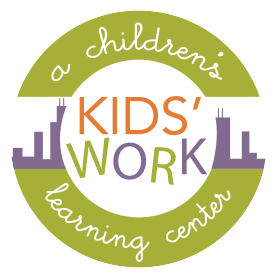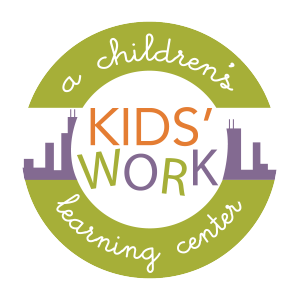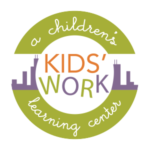Fostering independence in kids is about teaching them how to make good decisions, and how to do things for themselves. It’s important for you to instill these skills without hovering over them all the time or doing it all for them – i.e. being a “helicopter parent”.
Here are some tips for instilling independence in your children without being a helicopter parent:
1. Provide abundant opportunities to practice making decisions and choices
Big choices and little choices, they all add up to decision-making practice. Let your child start flexing his or her decision-making and independence muscles by giving them a choice between two options that have your approval. Do they want eggs or oatmeal for breakfast? Do they want to go to the museum or the park? Help show them how to weigh options and evaluate the logistics involved in their ideas, and determine whether they still want to do it. Let them choose and then do what they decide on to show they made a good choice.
2. Never do for your child something he can do for himself
Putting his own socks and shoes on may take longer, but build in the extra time so he can do these things himself anyway. Otherwise he will remain overly-dependent on you far longer than he needs or ought to, which isn’t healthy for him or you.
3. Assign age-appropriate tasks
Along those lines, teach your little one to help with his own care for himself and his belongings. Even toddlers are perfectly capable of being taught to clean up after themselves and put their toys away, bring their dirty dishes to the sink, put their dirty clothes in the laundry basket, sort laundry, etc.
4. Have routines
If you establish predictable routines, then kids will know what needs to be done every day and night, and can learn to do it on their own. For example, at bedtime, they’ll know they always need to get in their pajamas, lay out their clothes for the next day, and brush their teeth. It makes them responsible for their part in the routine, and eases the workload on the parent while minimizing chaos in the morning and evenings.
5. Don’t swoop in and “fix” everything – let them make mistakes
If your child wants to learn how to do something new, show him how to do it, then set it up and let him try. If it’s imperfect, let it be (so what if there are lumps in the bed? She did it herself! You can teach her how to smooth it out even better tomorrow), or encourage them to do it again. If you’re always there fixing everything the minute it’s imperfect, your child won’t ever get a chance to learn how to do it on his own, and may get discouraged from even trying again. If you see they are getting frustrated or their task is taking longer than it needs to, don’t just take over. Ask if they want your help or help coach them through doing it on their own.
6. Don’t save them from all heartache, discomfort and embarrassment
Kids need to learn the various aspects of life, cause and effect, and what role they can play in each. These things are a part of life; help your kids learn to cope with difficult things or setbacks healthily from the start, rather than trying to save or prevent them from ever encountering them. Having these skills will take them much farther than being packed in an insulated Mom- or Dad-bubble of protection.
It might be hard at first to let your kids deal with some of these things on their own. But remember, independent, self-reliant and encouraged kids are much happier in the short- and long-term than their counterparts who don’t get a chance to develop their independence and resilience for themselves. Help them grow independently from the inside out!




